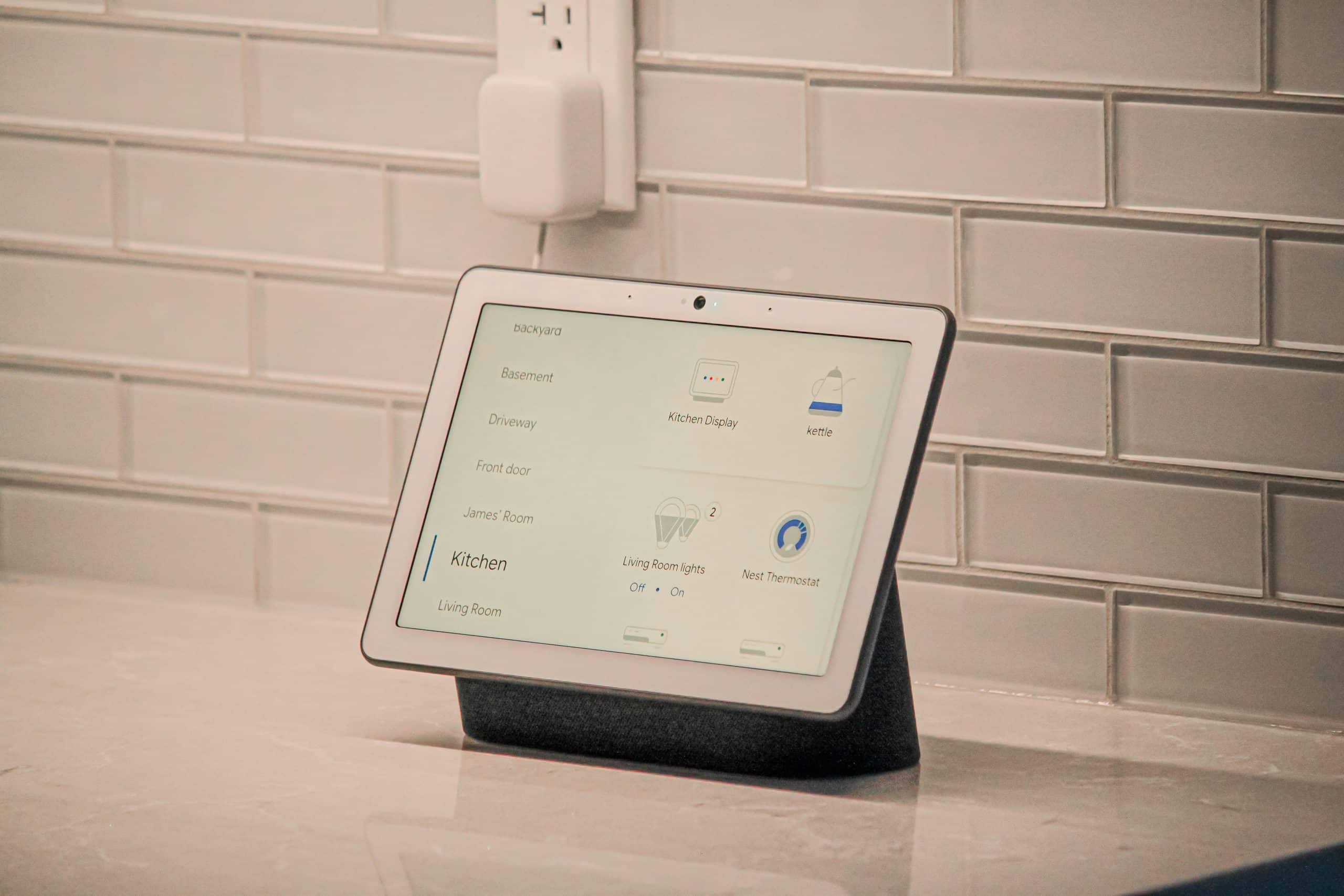In the evolving landscape of home security, technological advancements have proven to be a game-changer. The integration of smart sensors and sophisticated systems has revolutionized the way we protect our homes, offering unprecedented levels of safety and convenience. From motion sensors to facial recognition, smart home security systems have become more than just a means to deter intruders; they are now comprehensive solutions that ensure peace of mind. In this article, we explore how these innovations, including IoT devices, automation, and deep learning technologies, are shaping the future of home security.
The evolution of home security systems
Home security has come a long way from the traditional lock and key. Today’s security systems are designed to be smarter and more responsive, with the ability to adapt to homeowners’ lifestyles. The journey from simple alarms to fully integrated smart home systems showcases the strides made in technology and automation.
Sujet a lire : Can AI Improve Mental Health Therapies?
Smart security systems incorporate a network of interconnected devices, from motion sensors and window sensors to advanced cameras that can discern between routine movements and potential threats. The data collected by these devices is analyzed in real time, providing insights that help to fine-tune the system for optimal performance and responsiveness.
The shift towards smart technology sees home security becoming more proactive rather than reactive. With the advent of deep learning and facial recognition, modern security systems can learn and recognize normal patterns and routines, alerting homeowners only when something is truly amiss. As these systems become more intelligent, the role of human monitoring diminishes, reducing the likelihood of false alarms and ensuring that resources are focused where they are most needed.
Dans le meme genre : Understanding the basics of machine learning algorithms
Integration of iot and smart devices
The Internet of Things (IoT) has been a significant factor in the transformation of home security. IoT devices seamlessly connect to a central security system, allowing for unprecedented levels of control and monitoring from anywhere in the world.
Through an app on a smartphone or tablet, you can manage your smart home cameras, lock or unlock doors, and even control lighting and temperature to create the appearance that someone is home, even when you’re not. These features not only enhance security but also contribute to energy efficiency and convenience.
Moreover, the IoT ecosystem is designed to be scalable, enabling you to add more sensors or devices as your needs change. Whether you are looking to incorporate smoke detectors, water leak sensors, or additional cameras, the system can be customized to suit your specific requirements.
The real-time data gleaned from these devices also provide valuable insights into security trends and potential vulnerabilities within your home, allowing for continuous improvement and updating of security measures.
Advanced recognition technologies
Advancements in recognition technologies have given rise to security systems capable of identifying individuals and behaviors with remarkable accuracy. Facial recognition and deep learning models are at the forefront of this revolution.
The CNN model (Convolutional Neural Network), a type of deep learning algorithm, is particularly adept at feature extraction, enabling it to distinguish between different faces or detect unusual activities. This technology allows security systems to identify known individuals such as family members or regular visitors, and differentiate them from strangers, thereby reducing false positives and enhancing security efficiency.
These learning models continuously evolve, improving their accuracy over time as they process more data. The implications for home security are profound, as systems can swiftly recognize a threat and alert homeowners or authorities without delay.
The role of smart sensors
Smart sensors are the eyes and ears of the modern security system. They are designed to detect a range of activities and environmental changes within a home and activate the system accordingly. Motion sensors, for example, can trigger alarms or turn on lights when unexpected movement is detected.
Window sensors are another critical component, alerting you when windows are opened or broken. These sensors are particularly valuable in deterring break-ins, as they can prompt an immediate response.
The integration of sensors extends to environmental monitoring as well. Sensors can detect smoke, carbon monoxide, or even potential flood conditions, offering a comprehensive approach to home safety that goes beyond deterring intruders.
With the rise of smart technology, these sensors have become more than just triggers for alarms. They provide valuable data that, when analyzed, can offer insights into improving the security and efficiency of your home.
The impact on homeowners’ peace of mind
The true value of modern home security systems lies in the peace of mind they offer to homeowners. The capability to monitor your home in real time, receive alerts directly to your mobile device, and have control over your home’s security from anywhere in the world provides a sense of safety that was once unattainable.
Furthermore, the intelligent analysis and automation that smart home systems provide can greatly reduce the burden on homeowners. Rather than being constantly on edge or worried about potential security breaches, they can rely on their system to alert them when there is a genuine cause for concern.
The data collected by smart security systems can also be used for insurance purposes, often leading to reduced premiums for homeowners who have invested in advanced security measures. This financial incentive, coupled with the enhanced security, makes the investment in smart home technology all the more compelling.
In conclusion, smart sensors and advanced technologies are reshaping the home security landscape, offering robust, intelligent, and customizable solutions that cater to the needs of the modern homeowner. From IoT devices that offer remote monitoring to deep learning models that can discern between friend and foe, these advancements are enhancing security while providing unparalleled convenience and control. As the technology continues to evolve, we can expect even more innovative features that will further revolutionize the security of our homes and safeguard the sanctity of our private spaces.






